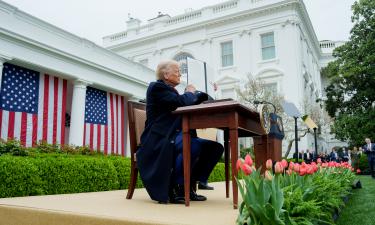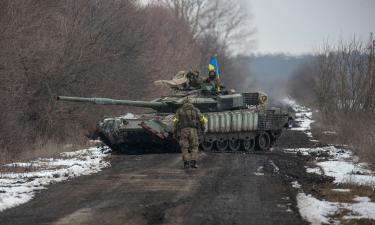Russian Foreign Minister says Uzbek situation stabilizing, politicians express concern
Russia's top diplomat said Friday that the situation in eastern Uzbekistan was stabilizing, but politicians across the spectrum expressed concern over the impact of the unrest on both the Central Asian country and its neighbors in the former Soviet Union.
"First of all, this is an internal matter for Uzbekistan," Foreign Minister Sergey Lavrov told reporters in Moscow. "We've been closely watching information on development of the situation in this country, and recent information shows that it's being stabilized."
Parliamentary speaker Boris Gryzlov said the situation in Uzbekistan should be handled "according to the criminal code," the ITAR-Tass news agency reported - suggesting that the protesters should be treated as criminals. But Konstantin Kosachev, the head of the lower house of parliament's international affairs committee, called the events "tragic."
"One version is that there is a conflict between the authorities and the local population of the town of Andijan, which has resulted in the tragic incidents the previous night," Kosachev said.
"The second version is that this is just the beginning, a certain weak part or chain has been taken and the situation will continue to develop in the whole of the republic of Uzbekistan."
The liberal Yabloko party said that the unrest was an "alarm bell" for authoritarian Uzbek President Islam Karimov and for Russian President Vladimir Putin.
"Having fully repressed the democratic opposition, the Karimov regime has not left the Uzbek people any other road than the road of radical Islamism, whose leaders the population is listening to ever more closely," Sergei Mitrokhin, deputy head of the party, said in a statement.
AP
Subscribe to Pravda.Ru Telegram channel, Facebook, RSS!





